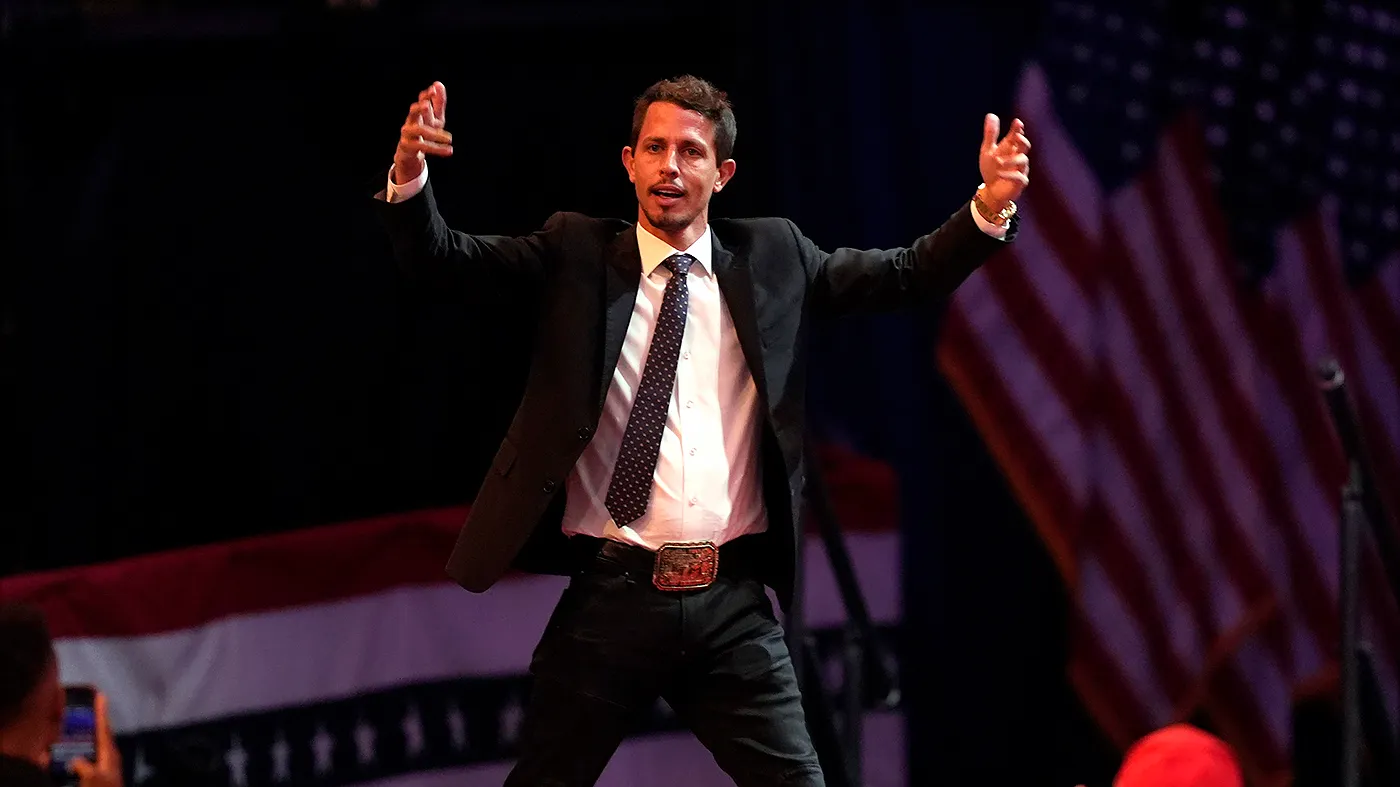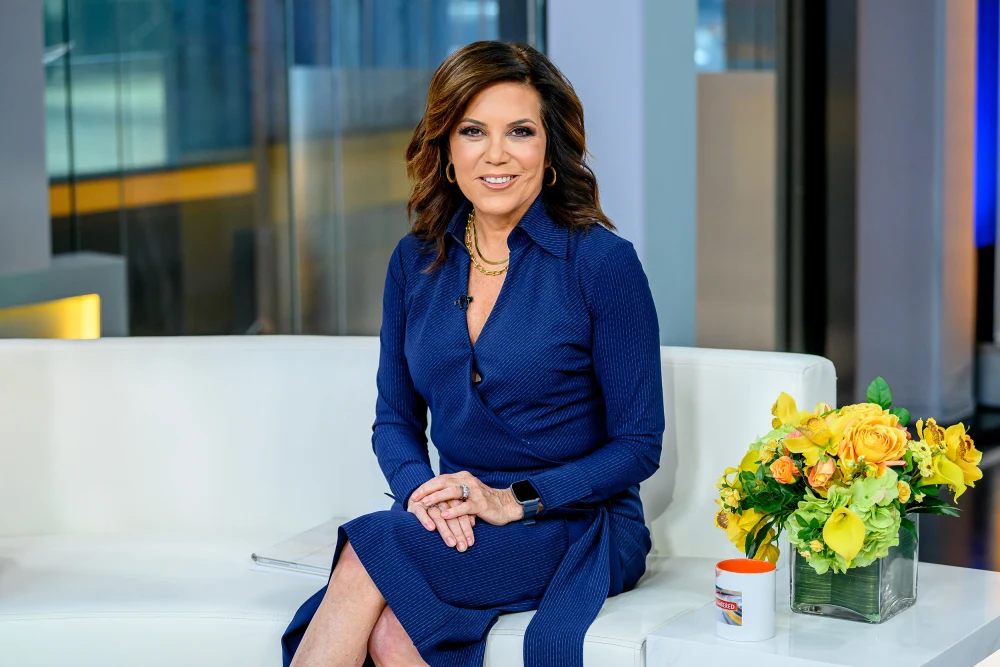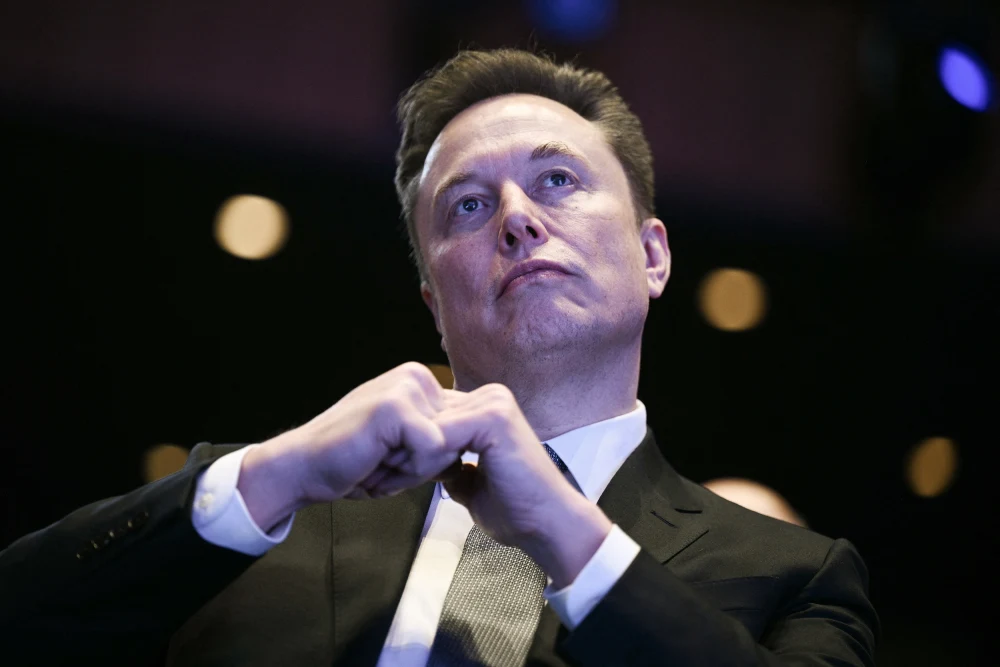Republicans are expressing frustration about controversial remarks made at former President Trump’s Madison Square Garden rally, worrying it could complicate the party’s outreach to Hispanic, Latino and Black voters.
Comedian Tony Hinchcliffe, one of the featured guests at Trump’s New York City event, sparked a furor after referring to Puerto Rico as a “a floating island of garbage,” prompting some members of the GOP, like Rep. Anthony D’Esposito (R-N.Y.), who is Puerto Rican, to come out against the remarks. And Tucker Carlson mocked Vice President Harris’s racial identity.
The controversy comes as Republicans have looked to expand their reach with different voting cohorts, which could hold the keys to another Trump reelection.
“This is just a big punch in the gut for Republicans who have sincerely and over a period of time been working to grow strong relationships and roots in Puerto Rican communities, particularly here in the state of Florida,” said former Rep. Carlos Curbelo (R-Fla.).
Although recent polls show Harris holding the majority of support among Latino voters — with a 40-point favorability gap among women — one-third of Latino voters remain undecided.
For that reason, Trump and his allies have been working hard to shore up support among Latino voters in the closing stretch of the election — though Hinchcliffe’s comments could complicate those efforts.
In addition to his remark about Puerto Rico, the comedian also made a crude joke about Latinos in which he said “they love making babies too. Just know that. They do. They do. There’s no pulling out. They don’t do that. They come inside. Just like they did to our country.”
Hinchcliffe’s remarks prompted several sitting GOP members of Congress to push back against the derogatory remarks.
“I’m proud to be Puerto Rican. My mom was born and raised in Puerto Rico,” D’Esposito wrote on the social platform X. “It’s a beautiful island with a rich culture and an integral part of the USA. The only thing that’s ‘garbage’ was a bad comedy set. Stay on message.”
Rep. Maria Elvira Salazar (R-Fla.), who was born in Cuba but raised in part in Puerto Rico, said on X that she was “disgusted” by Hinchcliffe’s remarks. “This rhetoric does not reflect GOP values,” she said.
Sen. Rick Scott (R-Fla.), whose successful 2018 election was won with the help of Puerto Rican voters, also said on X that the joke “bombed,” calling it “not funny and not true.”
The Trump campaign, too, has distanced itself from the comedian’s rhetoric. Karoline Leavitt, a spokesperson for the Trump campaign, said on “Fox & Friends” on Monday that “it was a comedian who made a joke in poor taste.”
“Obviously, that joke does not reflect the views of President Trump or our campaign, and I think it is sad that the media will pick up on one joke that was made by a comedian, rather than the truths that were shared by the phenomenal list of speakers that we had,” she said.
Hinchcliffe, for his part, defended his remarks, responding to criticism from Minnesota Gov. Tim Walz (D) and Rep. Alexandria Ocasio-Cortez (D-N.Y.).
“These people have no sense of humor,” he wrote. “Wild that a vice presidential candidate would take time out of his ‘busy schedule’ to analyze a joke taken out of context to make it seem racist. I love Puerto Rico and vacation there. I made fun of everyone … watch the whole set. I’m a comedian Tim … might be time to change your tampon.”
Hinchcliffe wasn’t the only one who made controversial remarks about different racial and ethic groups during the rally. Carlson referred to Vice President Harris as a “Samoan, Malaysian, low-IQ former California prosecutor” despite the fact that Harris is neither Samoan nor Malaysian, but rather Black and Indian American.
Trump ally Rudy Giuliani used racist stereotypes about Palestinians in his address at the rally, claiming, “They may have good people. I’m sorry, I don’t take a risk with people that are taught to kill Americans at 2.”
Democrats have used the speakers’ comments to double down on their criticism of Trump. Talking to reporters on Monday, Harris criticized Trump’s New York City rally, calling it “nonsense.”
“Donald Trump spends full-time trying to have Americans point their finger at each other, fans the fuel of hate and division, and that’s why people are exhausted with him. … People are literally ready to turn the page. They’re tired of it,” Harris said.
The incendiary remarks came just more than a week out from the election, and polling across the battleground states suggests a nail-biter of a presidential race. Pennsylvania, New York and Florida are some of the states home to large Puerto Rican communities, and some Republicans say the comments at the rally could impact the GOP presidential campaign and competitive congressional bids.
“With over 456k Puerto Ricans in Pennsylvania, one guy’s abhorrent jokes are like a gift wrapped in ribbon for the Harris campaign,” Republican strategist Shermichael Singleton wrote on X. “At this stage, no campaign can afford negative press — not a single word, not a single action that could alienate or disillusion potential voters.”
Curbelo suggested that Hinchcliffe’s remarks could sway Puerto Rican voters in Florida not as familiar with Scott to vote for downballot Democrats.
“What tends to happen is that there’s a lot of times a sense of solidarity amongst Hispanic communities. We certainly see that here in South Florida, with Cuban Americans, Venezuelan Americans, Nicaraguan Americans,” said Curbelo, who is Cuban. “So some, non-Puerto Rican Hispanics could also feel offended by this.”
Other Republicans, meanwhile, are skeptical the rhetoric could negatively impact the party in November. Giancarlo Sopo, who led Hispanic media for Trump during his 2020 campaign, called Hinchcliffe’s joke “stupid” in a text message to The Hill, while adding “it’s a mistake to assume it will offend all Hispanics.”
“It’s certainly not going to matter to Mexican-Americans in the Southwest. And let’s be real—Hispanic culture isn’t exactly politically correct. Was it in poor taste? Sure, but it’s tame compared to what you hear around lonchera trucks and nail salons,” Sopo wrote. “At the end of the day, you know what really offends Hispanics? The prices they’re paying at the grocery store.”
Brian Seitchik, a Republican strategist and Trump campaign alum, dismissed worries that the comments could reflect on Trump. Voters, he said, are well aware of Trump’s controversial rhetoric and those around him.
“Latino voters, Black voters, white voters, whomever, millions of Americans are choosing Donald Trump not because they love all of his rhetoric or his friends, it’s because they support his policies,” Seitchik said.
While Democrats have tried to highlight Trump’s history of controversial — and sometimes racist — comments to deter voters of color from supporting him, Seitchik argued it didn’t work in 2020 and won’t work this year.
“They’re playing identity politics that so offends minority voters these days,” Seitchik said. “They’re Americans. They’re not Black Americans or Latino Americans. They’re Americans. They want a strong economy, they want to buy a home, they want to send their children to college. They want what every other American wants. And this identity politics approach is simply not working anymore.”
Nonetheless, the controversy swirling around the rally isn’t helpful for Trump. Erin Perrine, who served as the Trump campaign’s 2020 communications director, said the real test will come from Democrats and how far they highlight those speakers’ comments.
“Are Democrats going to be putting money behind this message to put it out via text message or on digital ads or a way to get to [a] persuadable voter?” Perrine said.
“Because then they’re going to have to make a dollar decision, whatever other message they were driving with that dollar, are they going to pull that and recategorize it?”




